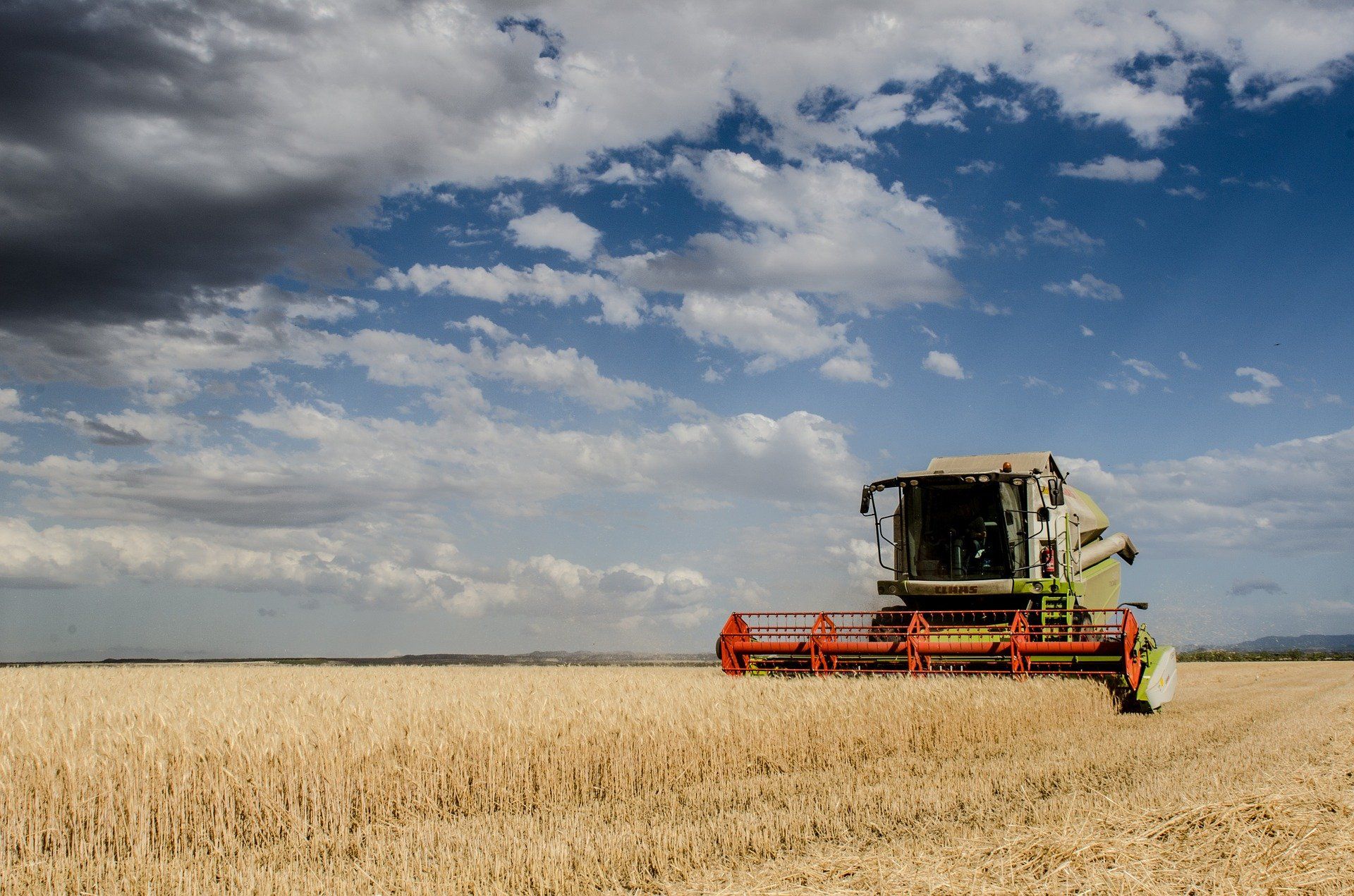1MG FlippingBooks
Farm machinery bad for soil productivity, study finds
Elizabeth Gracie

A recent study completed by The Grains Research and Development Cooperations (GRDC) has found that farm machinery can cause yield-limiting soil compaction across the Low Rainfall Zone (LRZ) of South Eastern Australia.
The five-year ‘Application of Controlled Traffic Farming in the Low Rainfall Zone’ study has highlighted that machinery traffic on farms can have a detrimental effect on soil compaction and virility to growing crops.
Most soil types in the LRZ suffer compaction as they are trafficked under wet conditions and multiple passes with heavy machinery. This has adversely impacted the microbiology and nutrient availability of the soil in the region.
The Soil CRC of Australia has said that “underperforming agricultural soils cost Australian farmers billions of dollars in lost revenue each year”.
Agriculture Victoria Land Management Development Office Rebecca Mitchell said the findings of this study were important for all LRZ farmers to know, especially if they were thinking or were already using machine technology in their farming. However she believes there is a solution.
“Controlled traffic farming (CTF) confines the wheels and tracks of all cropping equipment to 12-18% of paddock area and leaves the remaining 80% of the paddock uncompacted and in optimum condition for crop productivity,” said Mitchell.
However whilst CTF has been widely adopted across Australia, with 30% of grain farmers using this system, the LRZ in South Eastern Australia has fallen far behind.
“The LRZ of south-eastern Australia is a marked exception from the rest of the country with a much lower adoption rate of the CTF system of a mere 5%” said Mitchell.
Mitchell attributes these low figures to false perceptions about CTF technologies by farmers in the LRZ. These include fear of a high cost in moving to a CTF system, difficulties in managing wheel tracks, and that CTF technology was not compatible with other management systems.
“Initially the evidence base wasn’t there for the farmers to have the confidence to go ahead and implement this system” said Mitchell.
However, the benefits of CTF technology are now more well known and Mitchell hopes that another five years’ time will see an increase in ripping and soil amelioration practices that will drive farmers to adopt CTF to better protect their soil.
She also hopes that farming equipment manufacturers will provide more options for farmers who want to ensure new equipment lines up with their current or planned CTF system.
NEWS

Prodoz, a Proudly Australian and family-owned agribusiness, based in Melbourne, is strengthening its positions as national/international leader in advanced crop – science solutions through a growing portfolio of global innovation partners and a distribution footprint supported by all major distributors - includes Nutrien Ag, Elders, Lindsay Rural and Independent Rural stores.

Trace minerals are required for optimal growth, reproduction, and immunity. Optimising trace mineral status relying solely on oral supplements across a herd may fail because of variation in individual intake and reduced absorption due to antagonism of other ration components and minerals. The use of injectable trace mineral supplements has been associated with positive reproductive outcomes including improved conception rate, increased odds of pregnancy and greater final in calf rate. A study conducted on 2,168 dairy cows, administered injectable trace minerals, four weeks prior to calving and again four weeks prior to the start of mating showed treated animals had a 3.3 per cent greater final in-calf rate, and a reduced time from start of mating to conception, compared to control animals 1 . The Importance of B12 Dr Carl Eden, Technical Services Veterinarian with Boehringer Ingelheim says “Vitamin B12 is sometimes referred to as a ‘super vitamin’ because it is only required in very small amounts but vital to many essential metabolic pathways. However, demand for B12 can vary considerably during the year and we see serum levels of B12 fall at critical times, such as the first few months after calving.” Vitamin B12 contains cobalt, so deficiency in cobalt can lead to deficiency in vitamin B12 because ruminants get most of their B12 as a byproduct of ruminal fermentation where the bacteria in their rumen assemble B12 from cobalt for use by the cow. Sub-optimal trace mineral and vitamin B12 status at calving, mating, and drying off has been shown to negatively impact growth, reproduction, and immunity. Using a trace mineral injectable containing vitamin B12 can improve trace mineral and vitamin B12 status at these critical times. Marks-Min with Vitamin B12 – The Evidence In the largest trace element study to date, Marks-Min Injectable Trace Mineral with Vitamin B12 demonstrated remarkable results when compared to a reference trace mineral injection. “Given the differences between Marks-Min and other products on the market, we wanted to generate a compelling data set to demonstrate how effective it was compared to the pioneer product. We entrusted this work to a third-party research company” says Dr Eden. “We chose farms that were at the top of their game from a reproductive perspective. We made sure that the farms had no evidence of trace element or vitamin B12 deficiencies or excess.” Across all outcomes of interest, Marks-Min demonstrated clear non-inferiority when compared to the reference product. Outcomes measured included submission, pregnancy and conception rates, and six week in-calf rate. Marks-Min demonstrated it is highly suited as an alternative treatment to the reference product. Reference: 1. Hawkins, D., and B. V. S. Franklin. New Zealand Dairy Veterinarians Newsletter 24 (2007): 12-16 Company website: livestockfirst.com.au Company email address: CustomerCare.Australia@boehringer-ingelheim.com Company video: https://vimeo.com/1138807630?fl=pl&fe=cm













